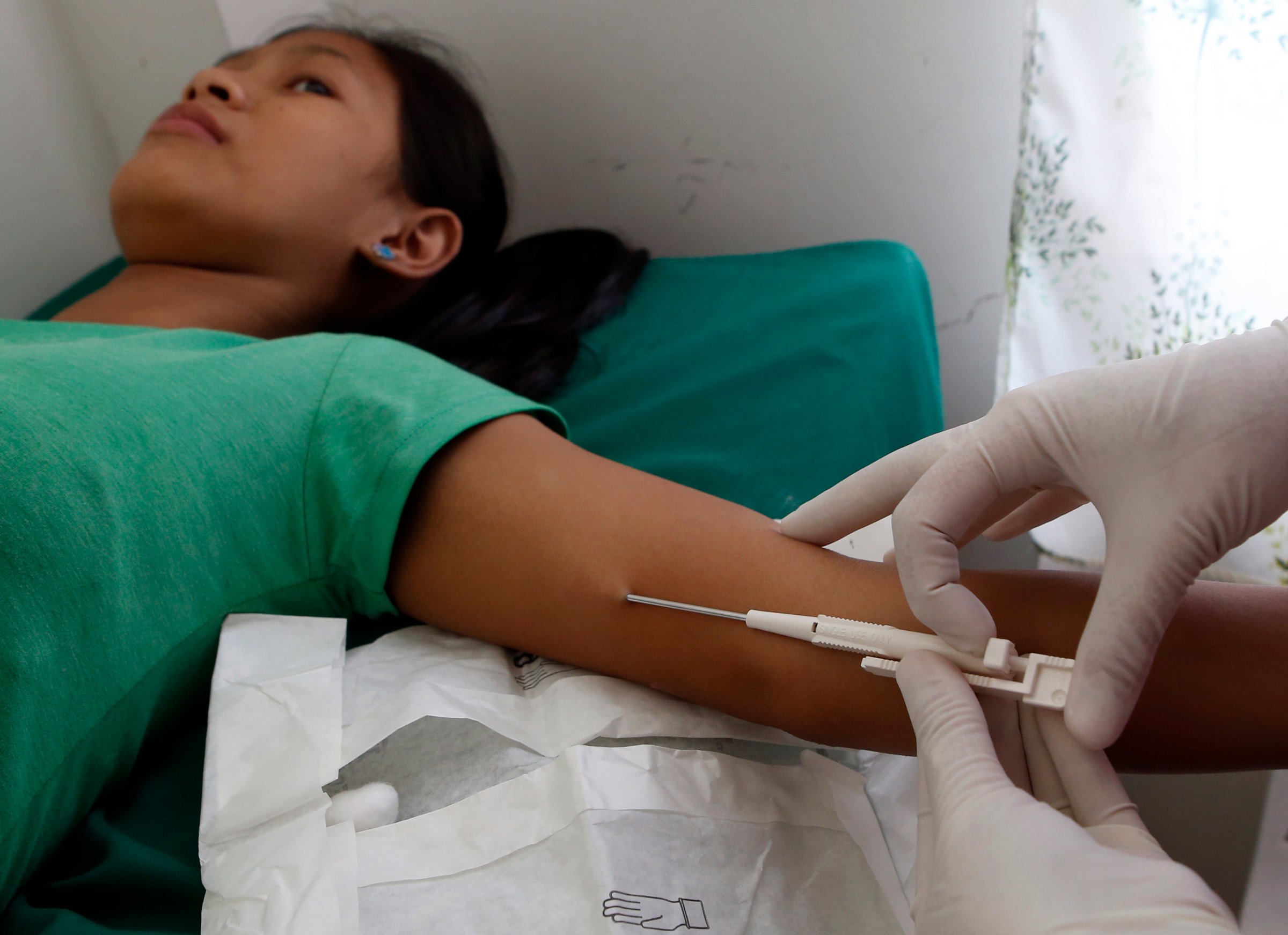
The Philippine legislature has undermined the fight against sexually transmitted disease by removing funding for contraception from its 2016 budget, U.N. agencies and rights groups say.
The funding cut, which took place last week, will eliminate “vital support for lower-income Filipinos who rely on state-provided contraceptive services for protection from sexually transmitted infections, and for safe birth-spacing and family planning,” global advocacy group Human Rights Watch said in a statement.
Klaus Beck, country representative of the U.N. Population Fund, was quoted in Philippine media last week as saying that exist legislation to protect reproductive and sexual health would be ineffective “without funding for contraceptives, an essential element of any family planning program.”
According to UNAIDS, the U.N. advocacy group for action on HIV and AIDS, the Philippines is “one of only a handful of countries at risk of a full-blown AIDS epidemic.” Some 21 new cases are reported in the country daily.
The cancellation of earmarked funds comes despite a 2012 reproductive health law guaranteeing free birth control at government health centers and represents a “victory” for the country’s dominant Roman Catholic Church, which is vehemently opposed to contraception, critics say.
More Must-Reads from TIME
- Donald Trump Is TIME's 2024 Person of the Year
- Why We Chose Trump as Person of the Year
- Is Intermittent Fasting Good or Bad for You?
- The 100 Must-Read Books of 2024
- The 20 Best Christmas TV Episodes
- Column: If Optimism Feels Ridiculous Now, Try Hope
- The Future of Climate Action Is Trade Policy
- Merle Bombardieri Is Helping People Make the Baby Decision
Write to Rishi Iyengar at rishi.iyengar@timeasia.com